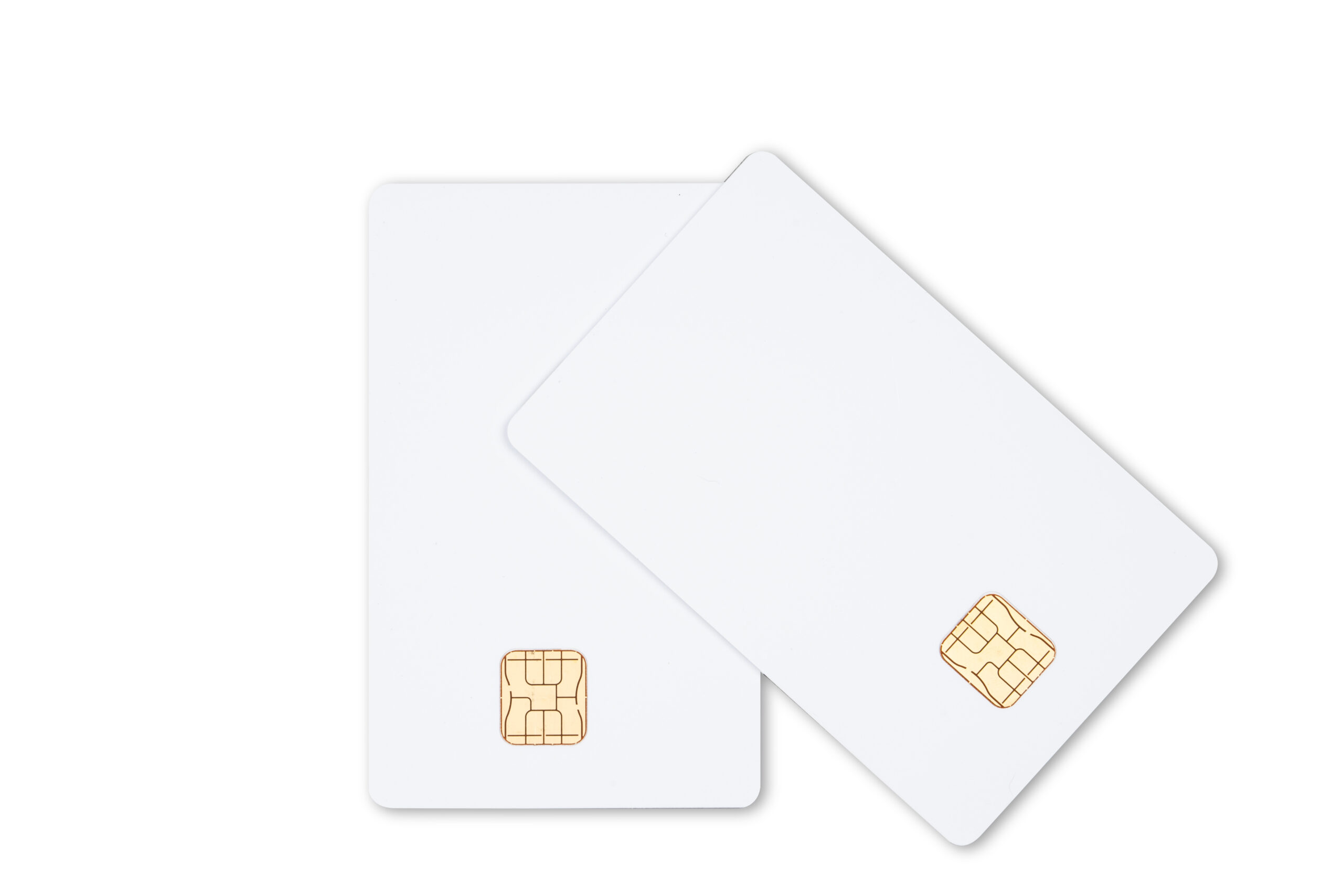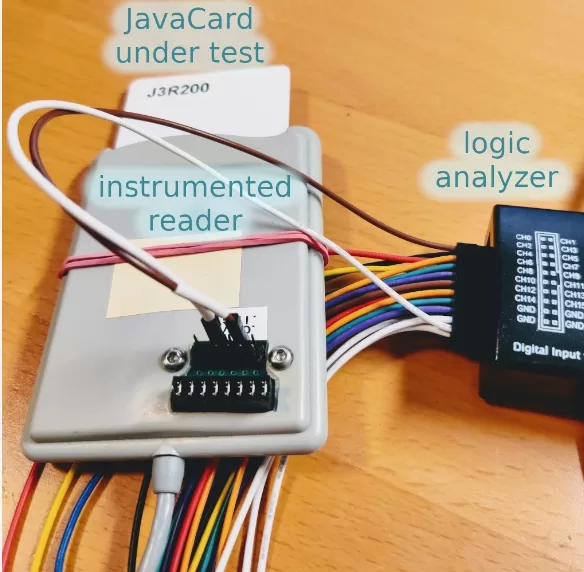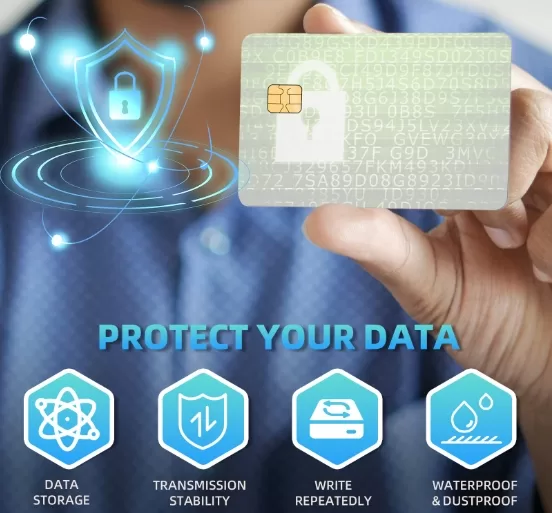
How to handle user authentication with a JCOP Java card?
Secure user authentication can protect sensitive user information and ensure only authorized personnel can access various services and systems. One of the effective ways to enhance the security of user identity information is to use the JCOP Java Card, which provides a strong authentication mechanism. It is widely used in applications that require a high level of security, such as banking, telecommunications, and government services. This guide will teach how JCOP Java Card handles user authentication.
What is a JCOP Java Card?
JCOP Java Card is a smart card that runs Java applications and provides advanced security features. JCOP stands for Java Card OpenPlatform, a widely adopted standard that ensures compatibility and security. These cards have a secure microcontroller with cryptographic functions, which enables them to perform secure transactions and store sensitive data. JCOP Java Cards support a variety of cryptographic algorithms, such as RSA, ECC, AES, and DES, making them suitable for various security applications. At the same time, they also comply with global standards such as ISO/IEC 7816 and ISO/IEC 14443 to ensure interoperability with other systems and devices.

How does JCOP Java Card achieve user authentication?
User authentication using JCOP Java Cards typically involves several key steps. The first is initializing and personalizing the JCOP Java Card. This process involves loading the necessary authentication applet onto the card and configuring the card with a unique key and certificate. During the personalization process, user-specific information is securely stored on the card.
When a user attempts to authenticate, the JCOP Java Card is read using a compatible card reader. It sends a unique identifier to the system, which uses this identifier to locate the appropriate user profile.

Throughout the authentication process, common methods include PIN verification, biometric authentication, and encrypted challenge-response protocols. For additional security, JCOP Java Cards can also perform cryptographic operations such as digital signatures or mutual authentication. Upon successful authentication, the system allows the user to access the requested service or resource, and a session key is generated to encrypt communications between the card and the system, ensuring the confidentiality and integrity of the session.
Benefits of using JCOP Java Cards for authentication
JCOP Java Cards offer several benefits for user authentication. The main benefit is that they offer strong security features, including cryptographic algorithms, secure key storage, and tamper-resistant hardware. This ensures that user credentials and sensitive data are protected from unauthorized access and attacks. In addition, these cards support multi-factor authentication, a layered approach that significantly improves security compared to single-factor authentication methods. At the same time, they can also run multiple Java applets, allowing JCOP Java Cards to support a variety of authentication protocols and applications. This flexibility makes it suitable for various use cases, from banking and e-commerce to access control and identity management.

Implementing Authentication in Your Organization
Implementing authentication in your organization requires careful planning, starting with assessing your organization’s security requirements and identifying specific use cases for JCOP Java Card authentication. Then select JCOP Java Cards and readers that meet your security and interoperability requirements and ensure that the selected hardware is compatible with your existing systems and supports the required authentication methods. Develop the necessary authentication applets and load them onto the card during initialization and personalization. Integrate the card’s authentication mechanisms with your existing IT systems and applications.
Improving the Security of Authentication
JCOP Java Cards provide a reliable solution for secure user authentication across various applications and industries. By leveraging encryption features, multi-factor authentication, and more, these cards offer a high level of security and convenience to users.


